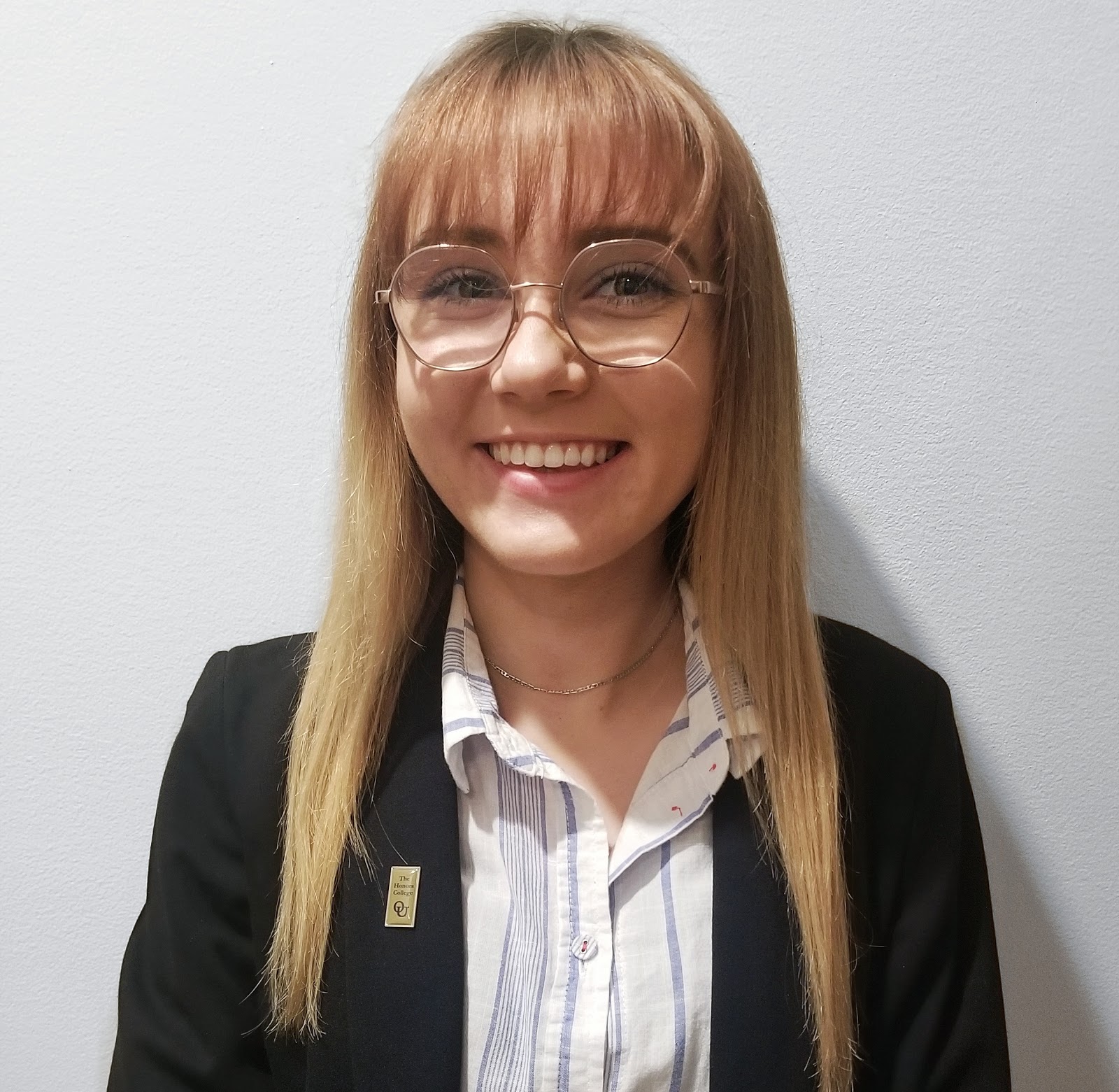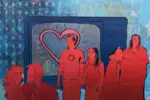“You’ve got to go through a lot of duds before you find ‘the one.’” How often have you heard that line when going through a break-up? Or perhaps you’ve said it yourself; I certainly have dropped the cliche to a handful of friends crying over people who didn’t deserve so much of their time. We use this narrative quite frequently to comfort one another and give a bit of hope beyond our grim relationships’ ends. Such an idea is so played out to the point where it’s becoming an expectation. We anticipate having to date and settle for a significant number of “mediocre” people before we find Mr. or Mrs. Right.
Cosmopolitan lists the 10 men we just have to date before finding the one. “The ex” is the kicker for me. Also, “have to”? Really? And 10? Oh no, that seems a bit exhaustive. I didn’t think there was a definable number of duds. According to her magazine, studies show that men will have six relationships, two of which will last more than a year, while women will have five relationships before settling down with one person.
I mean, Ted Mosby of “How I Met Your Mother” dated 59 people in his search for “the one.” The hopeless romantic eventually found the love of his life, but not without wasting a great deal of heartbreak and time first. And in the end, how many of his past love interests can we really name off the top of our heads after watching the show? There were some potential contenders, but certainly countless hours and useless energy spent on dead-end relationships, too.
The hopeless romantic is a prominent archetype across the media spectrum. Time and time again we see our protagonist fall for the next seemingly charming character who eventually reveals too many flaws to handle. We root for them, get our hopes up and then we’re disappointed.
The archetype even needles its way into kids content: Take “Frozen,” for example. The long-isolated Anna falls in love with Prince Hans at first sight, only to find out that he’s a traitorous villain playing the long game to get to the throne of Arendelle. A dud, if you will. At least “Frozen” is commendable for breaking the classic “fairy tale knight in shining armor solves the whole show” trope.
And don’t even get me started on the general princess narrative. “You’ve got to kiss a few frogs before you find your Prince Charming.” First of all, let’s give up the whole “distressed princess is saved by the fearless token male” plot. That won’t be necessary. Nobody needs saving like that. Secondly, do you really have to kiss a few frogs? Is that necessary either?
It’s normal to spend time dating other people before settling down, and it’s okay to fall for the wrong people for a time. This is not to critique dating around, which has so many benefits. It helps many people figure out what they’re looking for in a relationship and better prepares them for a future one, as we learn by experience. And of course, casual dating is just as valid, as is not dating at all or dating with no intention of finding a “one.” There are many paths to happiness, and whatever works best for you is great.
However, this is a critique of the way we look at finding a long-term relationship. The idea that those pre-game people are just going to be mediocre frogs isn’t necessarily the best approach. Telling young people, or anyone in the dating stage, that they have to go through “duds” — and a lot of them at that — prepares them to potentially settle for treatment and behavior that they don’t actually deserve.
And the expectation to date frogs as a rite of passage isn’t really fair. It’s well-intended, as most cliches often are, but in its attempt to ensure that people hold out for what’s better, it kind of perpetuates settling for less in the meantime.
Dating is supposed to be a fun experience of getting to know someone else. The concern is that this idea of a required quantity of prequel heartbreak as the one-way ticket to the right relationship is actually harmful.
We shouldn’t tell people that they’re going to get hurt and that one day another person will come along to make all that prior turbulence worth the pain. We don’t want to internalize turbulence and pain as essential means. We also don’t want to discredit any tumult that person did go through by associating the right significant other with a savior because that’s just not true. Nobody deserves to settle for less and we don’t want that cliched narrative to influence mindsets about dating. Getting hurt shouldn’t be normal.
I think figuring out what you want can come without spending too many months with a gaslighting frog or any sort of disappointing relationship. Ultimately, your time is what’s most valuable, and some things just aren’t worthy of it. And anyway, if you know what you want, why should you have to go through a bunch of frogs first? Just for the sake of kissing frogs?
A “settle culture” is harmful. You shouldn’t lower your standards and accept less just for the time being. So maybe, we should be a bit kinder to ourselves and our friends with some new post-breakup lines. Rather than reaffirming an idea of mediocrity as a precondition — which is unreflective of anyone’s worth — the focus should shift to building up confidence instead.
Sometimes things just don’t work out, and that’s okay. Break-ups of unfit or even toxic relationships are painful and we deserve the opportunity to experience the weight of our emotions without feeling invalidated. But we also may not deserve that pain just because we’re in pursuit of something else. Simply put, we don’t have to settle for less, and we shouldn’t accept it as a temporary part of the process. Let’s keep the frogs in the ponds, please; we don’t need all that.

















